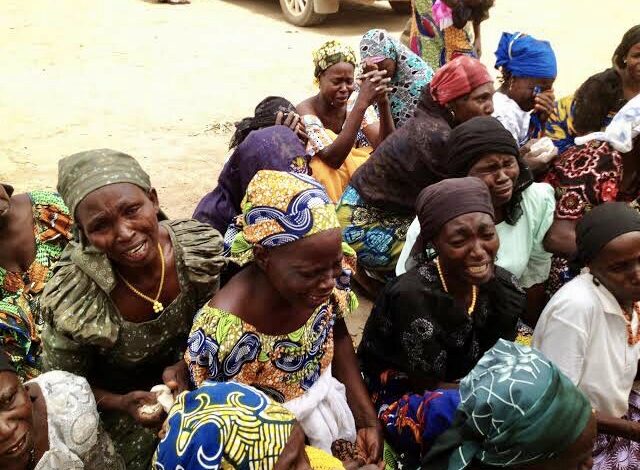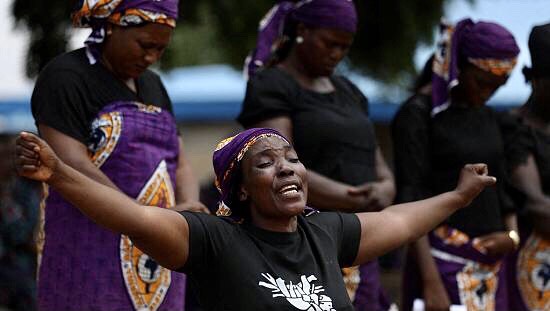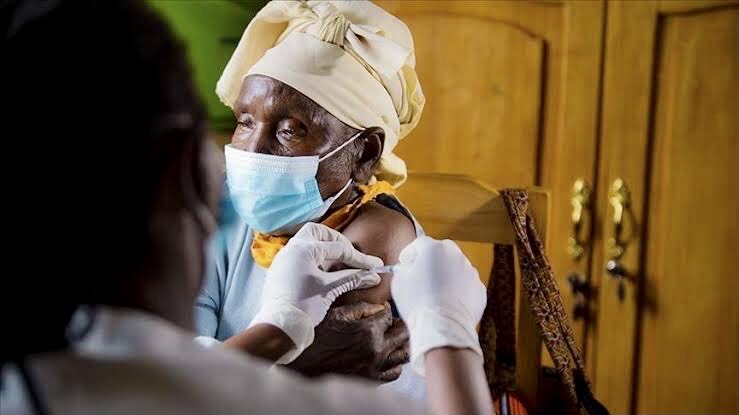
By Faith Nyasuguta
Abubakar Adam had to clear his savings, sell his car and a parcel of land to raise ransom so as to free seven of his children snatched by bandits in Nigeria.
Totaling to 3 million nairas ($7,300), the father of 11 sent the money into the bush, alongside payments from other affected families in Tegina, his hometown.
Despite the effort by parents, the bandits took the money and to their shock, captured one of the men delivering the money.
They thus sent a fresh demand seeking more money and six motorbikes.
“We are in agony,” the 40-year-old tyre repairman informed Reuters.
He is still awaiting a sign of what happened to his children three months after the mass abduction. “Honestly I don’t have anything left,” he says.
Since December, the kidnappers have seized over 1,000 students amid a string of abductions across poverty-stricken Northwest Nigeria.
Available reports indicate that about 300 of the children are yet to be returned.
At the moment, Nigerian President Muhammadu Buhari has called on states not to pay a dime to kidnappers as it will only encourage more abductions.
Security agencies also say they are aiming at the bandits with military action among other methods.

Typically, that is the story of many Nigerian parents whose children have been kidnapped by militants, they are doing everything to save their children.
“We are begging the government to help,” Aminu Salisu, whose eight-year-old son was captured in the same daylight raid on Tegina’s Salihu Tanko Islamic school in May among over 130 students, said.
On his part, Salisu also cleared his savings and sold any other sellable thing in his possession to raise the ransom.
The owner of the ambushed school also sold off half of the grounds and together, the Tegina people collected 30 million nairas ($73,000)
That was, however, not enough for the abductors.
It is estimated that around 30,000 bandits are operating in Northwest Nigeria, and Bulama Bukarti, an analyst in the Extremism Policy Unit of the Tony Blair Institute for Global Change said more kidnappers trickled in following the flood of ransom.
“It’s the most thriving, the most lucrative industry in Nigeria,” he said.
He added that kidnapping has become a luring career choice for young men at a time of economic decline, double-digit inflation, and 33 percent unemployment.
“From December, we saw Pandora’s box open. They saw it was possible. They saw that nothing happened to the attackers,” Bukarti said.
The armed abductors in the northwest are stimulated by money, experts say.




